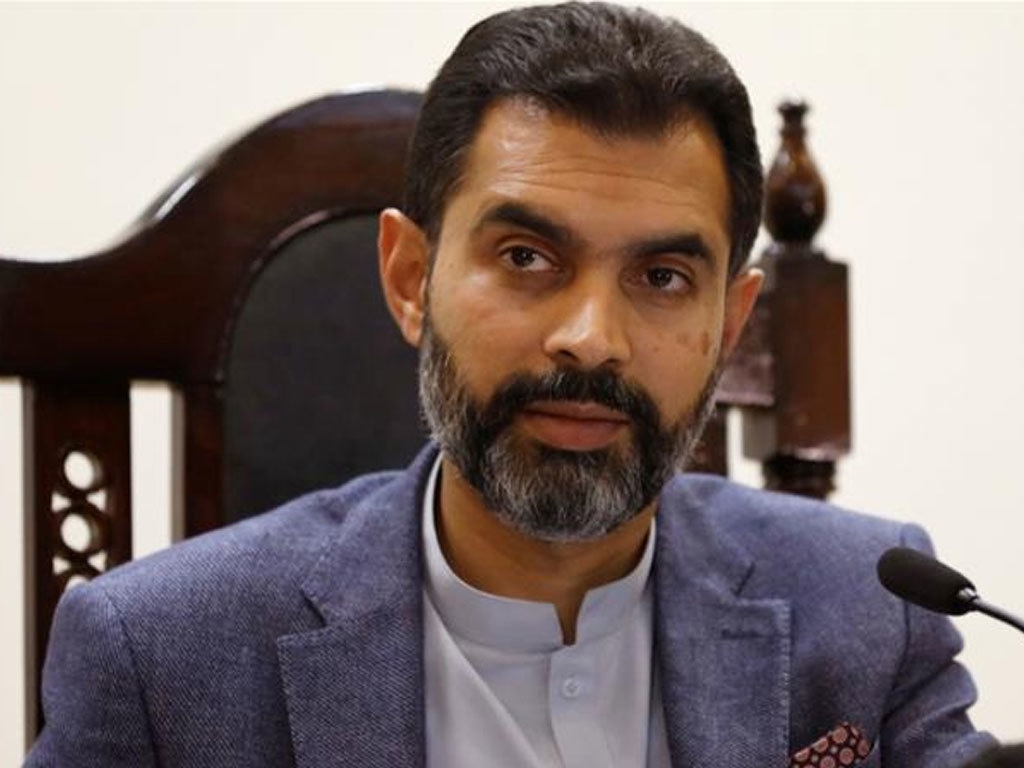As early as July 1, 1948 the Governor General of Pakistan Quaid-e-Azam Muhammad Ali Jinnah issued an order for the establishment of the State Bank of Pakistan (SBP) to regulate the issue of bank notes and keeping of reserve for seeking monetary stability in Pakistan. Generally to cooperate currency and credit system of the country to its advantage. The substitution by State Bank of Pakistan Act of 1956 required the bank “to regulate monetary and credit system of Pakistan, to foster its growth in the best national interest with a view to secure stability and full utilization of the country’s productive resources”. The emergence of neoliberal economists and policy makers worldwide led to a rethinking of the state’s role in an economy in the 1980s. Several state banks were privatized, however important economies like the US and Germany (and China) hold on to the leading role of their respective state banks for the stabilization of their currencies and economies.
SBP has since 1956 continued performing its four basic functions (i) Framing and operation of monetary policy (ii) Regulations and supervision of banks and financial institutions (iii) Foreign exchange management and (iv) Settlements of payment and accounts. To comply with one of the over 30 pre-conditions put in force by the IMF to revive the stalled US $6 billion IMF programme the Federal Cabinet on March 10 approved sweeping powers for SBP without proper consideration of the consequences, the current document is an altered first draft sent by the SBP to the Finance Ministry in March last year which had not agreed to many proposed changes. In April last year, the Cabinet Committee on Legislative Cases (CCLC) deferred approval of the bill due to the difference of opinion over the extent of autonomy. The Finance Ministry directly sent the draft bill to the Federal Cabinet for approval bypassing the CCLC, citing “urgency” of the matter.
Extending the powers under the previous law, essentially in addition to regulating the monetary and exchange procedures, the SBP will be obliged to control inflation (to what level?) but not prices which makes financial stability only a secondary objective of SBP policy. Supporting the govt’s economic policies has been declared as only the SBP’s “tertiary objective”, making SBP not responsible any more for country’s economic growth. The bill states that “The Bank shall not extend any direct credits to or guarantee any obligation of the government, or government-owned entity or any other public entity” which means the ability of the govt to borrow for instance for providing salaries and pensions to govt employees, including Armed Forces personnel will be blocked. In effect, the Governor SBP and not the Finance Ministry will be running the govt’s entire financial decision-making, even the PM and his Cabinet will be powerless. The Secretary Finance will be eliminated from membership in the Board of Governors, thus removing the last control of govt over the SBP. Both the Fed and the German State Bank still function as house bank of the state and government. The perception is fostered that the Governor SBP will become like the former Viceroy of colonial times, this time acting as a representative of the IMF.
The remuneration, terms and conditions of the service of the Governor and Deputy Governors will be determined by the SBP Board, keeping in mind the prevalent salaries in the financial sector of Pakistan, which runs into hundreds of millions of rupees in some cases. While certainly the SBP should independently decide about its budget, including expenses, salaries and travelling, given the tendency of human character to be more lenient to oneself than to others this will greatly raise the costs of the SBP.

The lack of accountability of the SBP and its management would be a major disaster-in-waiting. Finance Secretary Kamran Ali Afzal’s attempt to refute the missing accountability by referring to section 39 of the bill does not ensure accountability. “The governor shall submit annual report before the parliament regarding the achievement of the bank’s objectives, conduct of monetary policy, state of the economy and the financial system. In addition, the parliament may require any senior official to attend at such additional times as may be required.” This is certified nonsense and Kamran Afzal should know better. Putting a report in front of the Parliament once a year can hardly be termed ‘accountability’ when at the same time the National Accountability Bureau (NAB) and the Federal Investigation Agency (FIA) cannot investigate anyone in the SBP, including the Governor. Some present and even former officials, some of them guilty as hell, are thus given immunity, “No suit, prosecution or any other legal proceedings including for damages shall be against the banks, board of directors or members, governor, deputy governors”.
From imposed self-exile in London Ishaq Dar said the proposed bill will turn the SBP into a financial monster that would swallow the sovereignty of the country, making it a slave of the international financial institutions. Quoting the Transparency International Pakistan (TIP) letter to the PM he warned the govt not to ignore the obvious dangers in the bill. During his tenure as Finance Minister and defacto Deputy PM Ishaq Dar, failed to bring reforms in the SBP, power sector, public sector entities, FBR, etc. In fact the current bill overreaching for autonomy of the SBP is a direct result of Dar’s ruthless handling of two consecutive Governors of SBP, including forcing a bank into default so that his proxies could take over. Dar never considered the recommendations of his colleagues or civil servants in crucial Ministries. He manipulated data to present a positive picture, spending precious FE to shore up the Pakistani Rupee against the US Dollar. Avoiding accountability sitting abroad makes it convenient to criticize the current PM who three years later is still dealing with the economic and financial mess he created.

SBP certainly needs to be an autonomous body. But exempting it from accountability when even the Prime Minister of Pakistan can be held accountable is putting the SBP above the government and the PM. Preventing accountability cannot be the intention of the IMF, that would invite unbridled corruption into play. On the Grey List of FATF, Pakistan’s main issues are money laundering and terror financing, in about 40 recommendations of how to overcome deficiencies FATF had made SBP also play a role. Removing SBP from accountability would not help us out of that Grey List.
SBP Governor Raza Baqir has turned the SBP into an effective institution, successfully steering the fiscal initiatives into safe haven despite the pandemic. Not only a remarkable achievement but a tremendous one. What he achieved in Egypt has been replicated more effectively in Pakistan. The pandemic made one helpless in being forced to let 1500 of my several thousand employees go. We are a net beneficiary of the SBP’s “Salary Re-finance Scheme” and Habib Metro saved their jobs and my company. Several million Pakistanis similarly stayed employed and did not lose their job. Obviously Reza Baqir could not have done it by himself, he assembled an excellent team, slotting executives, dishonourable exceptions aside, in the right slots, and getting above par work out of them. Certainly SBP needs to be independent, the checks and balances about accountability cannot be ignored. My fear is that a hard stance may be counter-productive. Was this document rushed through with enough provocations to evoke adverse public reaction against Reza Baqir, merit being a disqualifier in Pakistan? What happens when Reza Baqir having tremendous ability, honesty and integrity ceases to be the Governor. Consider an Ishaq Dar all powerful clone as Finance Minister could than manipulate his choice into the Governor SBP slot who would than proceed to do his bidding without being subject to accountability. As even now the SBP Board could be packed with favourites, some living on the edge of default. Before him Zardari in his tenure as President sent packing two Governors of ability and integrity who did not listen to his diktat. SBP still has on its payroll those who similarly carried out Dar’s bidding without question, whether out of fear or for money is not known. Reza would do well to treat it as the ‘agenda maximum’ that could be negotiated down to an acceptable compromise. More discussions and loud thinking about the consequences of such a new law is necessary to prevent a backlash that would harm Pakistan and its economy rather than stabilize it. We need an independent State Bank but not one which becomes a sovereign entity and/or totally out of sovereign control!




